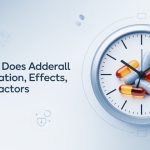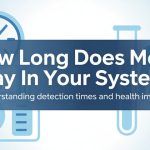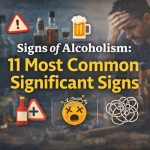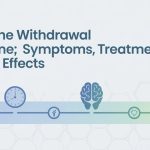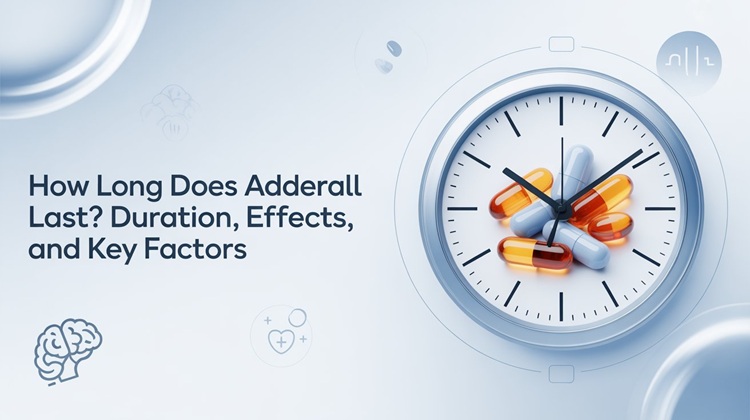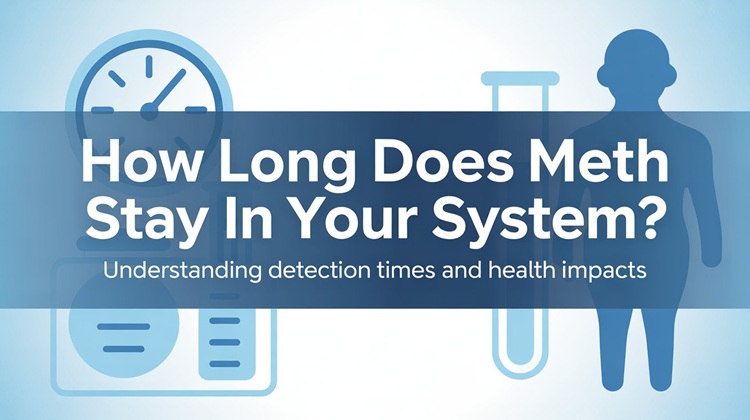Schizophrenia is undoubtedly one of the most poorly understood mental illnesses. Often misrepresented in media and pop culture, this condition affects how a person thinks, feels, and behaves. Schizophrenia is a mental disorder with an occurrence rate of 1% of the world’s population, but it has a profound impact on a person. Understanding what schizophrenia is can help debunk the myths and misconceptions, promoting empathy and support for those in need.
What is Schizophrenia?
Schizophrenia is a long-term mental illness that affects the way people interpret what is real. Schizophrenia is characterized by symptoms such as auditory or visual hallucinations, paranoid or bizarre delusions, disorganized speech, and impaired or difficult movements and posture. These symptoms impact the patient’s ability to perform daily activities, leading to relationship conflicts, unemployment or inability to work, and trouble with simple tasks.
Schizophrenia does not mean the person is splitting into two personalities or has multiple personalities. The disorder is more about not knowing the difference between what is real and imaginary, which puts the individual in a state of confusion, fear, and isolation.
Schizophrenia is generally an illness of adulthood, usually affecting individuals between the ages of 15 and 30; it is known to appear earlier in men than in women. Even though the disorder is lifelong, effective interventions could be employed to reduce the severity of the symptoms and the impacts of the disease on people’s well-being.
Seeking Help at Palm Coast Treatment Solutions
If you or someone in your family is a victim of schizophrenia symptoms, early treatment and comprehensive care are crucial. At Palm Coast Treatment Solutions, we provide a diverse range of mental health care services, including treatment for schizophrenia.
Our staff offers friendly, professional, personalized care, which encompasses medication administration as well as behavioral therapies. We try to help our patients overcome the challenges that they face every day and to enhance the quality of their lives.
Do not delay treatment—the earlier the treatment, the better the results. For more information about our programs and how we can assist you or your loved one towards healing, contact Palm Coast Treatment Solutions at (386) 284-4151.
100% Confidential Support is Available 24/7
No matter what you’re going through, you’re not alone. Our dedicated team is here to provide a safe, judgment-free space where you can talk openly and honestly. Whether you need emotional support, resources, or just someone to listen.
We’re here for you—completely confidential and always respectful of your privacy. Call us today!
Common Symptoms of Schizophrenia
Schizophrenia manifests in various ways, and symptoms generally fall into three categories:

Positive Symptoms
Positive symptoms are behaviors that are not usually present in individuals without schizophrenia. They include:
- Hallucinations: This is characterized by hearing, seeing, or feeling things that are not real; most especially hearing voices.
- Delusions: Persistent delusions that have no factual grounding for example, if one has the impression that someone is planning to harm him/her or if one has very special powers.
- Disorganized Thinking: Finding it hard to plan and express thoughts coherently, this will manifest through an inability to speak coherently or follow a conversation.
- Abnormal Motor Behavior: This may be observed as increased, poorly controlled, and purposeless movements.
Negative Symptoms
Negative symptoms refer to the absence of behaviors or emotions typically present. These include:
- Lack of Motivation: Problems in the initiation of tasks and completing them.
- Social Withdrawal: Social isolation includes being selectively or completely non-communicative.
- Emotional Flatness: Reduced ability to express emotions or engage in social situations.
- Anhedonia: Inability to experience pleasure from everyday activities.
Cognitive Symptoms
Cognitive symptoms affect memory, attention, and the ability to make decisions:
- Impaired Executive Function: Problems in decision-making and comprehension of detailed information.
- Poor Memory: Difficulty remembering recently learned information.
- Trouble Focusing: Difficulty staying focused and attentive to work or even speech.
Schizophrenia is a disorder that has unique symptoms and effects on all the affected persons, though some or most of these symptoms may not be experienced by every person. Different symptoms may be acute or occur during different stages of the disorder as well as during treatment of schizophrenia.
Contact Palm Coast Treatment Solutions
Battling with Drug and Alcohol Addition? Remember, you are not alone and we are here to help you!
Causes of Schizophrenia
Even to date, scientists have not been able to establish the exact cause, but it has been hypothesized that it is caused by genetic, biological, and environmental factors.
Genetics
Schizophrenic patients are normally assumed to have a genetic influence because this disease often affects families. In cases where a first-degree relative, for instance, a parent or sibling, is diagnosed with schizophrenia, then the chances are high that one will develop this disorder. Nevertheless, one should know that having a certain gene can make a person develop schizophrenia but this factor on its own is insufficient.
Brain Chemistry and Structure
Chemical imbalances in the brain, particularly involving neurotransmitters like dopamine and glutamate, play a crucial role in schizophrenia. Other structural changes in the brain, including increased size of the ventricles or decreased size of gray matter, have also been reported in schizophrenia cases.
Environmental Factors
Substance abuse, trauma, or stressful life events, especially during adulthood, are thought to be precipitating factors of schizophrenia. Other risk factors include prenatal factors, such as malnutrition or exposure to viruses.
However, as mentioned before, none of these factors guarantees or can lead to the development of schizophrenia. It seems that the interplay of genes and environment is a fundamental reason why some people develop schizophrenia while others do not.
Overcome Addiction with Palm Coast Treatment Solutions.
Book an appointment.
Common Myths About Schizophrenia
People hold many misconceptions regarding schizophrenia, which contribute to stigma and misunderstanding. Let’s debunk some of the most common myths:
Myth 1: Schizophrenia Means Having Multiple Personalities
One common misconception surrounding schizophrenia is that it causes people to have multiple personalities, while in reality, schizophrenic disorder doesn’t have any relation with dissociative identity disorder. Schizophrenia incorporates psychosis, where individuals disconnect from reality; however, they do not possess split personalities.
Myth 2: People with Schizophrenia Are Violent
This stereotype has been made worse by the exaggerations that are mostly depicted in the movies and media. Nonetheless, it is imperative to note that most of the patients with schizophrenia are not violent. They are even more likely to become victims of violent attacks than to become violent attackers themselves. When violence does occur, it’s often related to untreated symptoms or other factors like substance abuse.
Myth 3: Schizophrenia is Untreatable
Schizophrenia is a lifelong disorder, but it is manageable if people are willing to accept medical intervention and undergo therapy. Schizophrenia is a treatable condition and most patients are capable of functioning well in society while controlling the symptoms. It has been evident that if treatment is initiated at an early stage and patients are followed closely, they can attain optimal results.
Treatment Options for Schizophrenia
Schizophrenia is a chronic illness, but various interventions allow the majority of patients to return to work or study, maintain social contacts, and live on their own.
Medication: Antipsychotic medications are often prescribed to manage symptoms like hallucinations and delusions for instance. Finding the right dosage and medication should be closely overseen by a healthcare professional.
Psychotherapy: CBT is often employed to treat people and alleviate various symptoms, challenge delusional beliefs, and enhance overall lifestyle. Psychotherapy can also help to learn social skills and manage daily problems.
Supportive Services: Support groups, case management, and family therapy are often part of comprehensive treatment plans. These services assist people in developing coping strategies, improving interpersonal relationships, and decreasing feelings of loneliness.
Lifestyle and Self-care: Schizophrenia patients are capable of benefiting from a healthy lifestyle such as exercising, a balanced diet, and managing stress, among others.
Schizophrenia is a severe mental disorder, but with proper intervention, affected persons can live normal lives. People should stop fearing schizophrenia and need to recognize and understand this disorder as an illness rather than focusing on myths and misconceptions related to it. In case you or a close one is experiencing symptoms of schizophrenia, do not delay in consulting professionals.

Reach out to Palm Coast Treatment Solutions to learn more about our tailored treatment options for schizophrenia and how we can support your journey to recovery.






